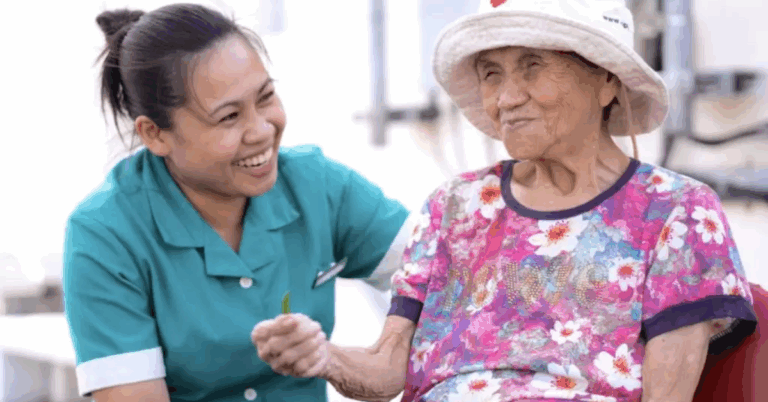Analyzing the Influence of Cultural Traditions on Health Practices
One’s cultural background significantly influences their health beliefs. The customs, traditions, and values passed down through generations shape how individuals perceive illness, seek treatment, and engage with healthcare systems. Cultural beliefs can impact decisions regarding preventive care, treatment adherence, and attitudes towards alternative medicine versus Western practices.
Understanding the cultural context of patients is essential for healthcare providers to deliver effective care. Different cultures may have varying beliefs about the causes of diseases, the role of spirituality in healing, and the importance of family involvement in treatment decisions. By recognizing and respecting these differences, healthcare professionals can establish trust, improve communication, and ultimately provide more culturally competent care.
• Cultural background significantly influences health beliefs
• Customs, traditions, and values shape perceptions of illness and treatment
• Impact on decisions regarding preventive care, treatment adherence, and attitudes towards medicine
Understanding the cultural context of patients is crucial for healthcare providers to deliver effective care. Different cultures may have varying beliefs about the causes of diseases, the role of spirituality in healing, and the importance of family involvement in treatment decisions. By recognizing and respecting these differences, healthcare professionals can establish trust, improve communication, and ultimately provide more culturally competent care.
Traditional healing practices in different cultures
Traditional healing practices vary significantly across different cultures. In China, Traditional Chinese Medicine (TCM) has been practiced for thousands of years, involving the use of herbal medicines, acupuncture, and cupping therapy to restore balance within the body. TCM focuses on the concept of Qi, the vital energy that flows through the body along meridians, and aims to treat the root cause of illnesses rather than just the symptoms.
In India, Ayurveda is a traditional healing system that dates back over 3,000 years. Ayurvedic medicine emphasizes the importance of maintaining a balance between the body, mind, and spirit through practices such as herbal remedies, dietary changes, and yoga. Ayurveda categorizes individuals into different body types or doshas, and treatments are tailored to each person’s unique constitution to promote holistic healing.
Cultural barriers to accessing healthcare services
In many cultures, there exist deeply ingrained beliefs that can act as barriers when accessing healthcare services. These cultural barriers often stem from traditions, superstitions, or religious practices that influence individuals’ perceptions of modern medicine. For example, in some communities, seeking medical help is seen as a sign of weakness or lack of faith in traditional healing methods, leading individuals to delay or avoid seeking necessary healthcare.
Furthermore, language and communication can also present significant hurdles for individuals belonging to certain cultures. Limited proficiency in the predominant language of a healthcare system can result in misunderstandings, misdiagnoses, or a lack of crucial information. This can further exacerbate the barriers to accessing healthcare services, as individuals may feel isolated or hesitant to seek medical attention due to communication challenges.
How does cultural background impact health beliefs?
Cultural background plays a significant role in shaping an individual’s health beliefs, as it influences attitudes towards healthcare, treatment preferences, and perceptions of illness and wellness.
What are some traditional healing practices in different cultures?
Traditional healing practices vary widely across different cultures and may include herbal remedies, acupuncture, spiritual rituals, and other alternative therapies that are passed down through generations.
What are some common cultural barriers to accessing healthcare services?
Common cultural barriers to accessing healthcare services include language barriers, lack of culturally competent care providers, stigma surrounding certain health conditions, and differing beliefs about the role of healthcare in maintaining wellness.
How can healthcare providers overcome cultural barriers to provide better care?
Healthcare providers can overcome cultural barriers by receiving cultural competence training, partnering with community organizations to reach out to diverse populations, offering language interpretation services, and respecting patients’ beliefs and practices.







